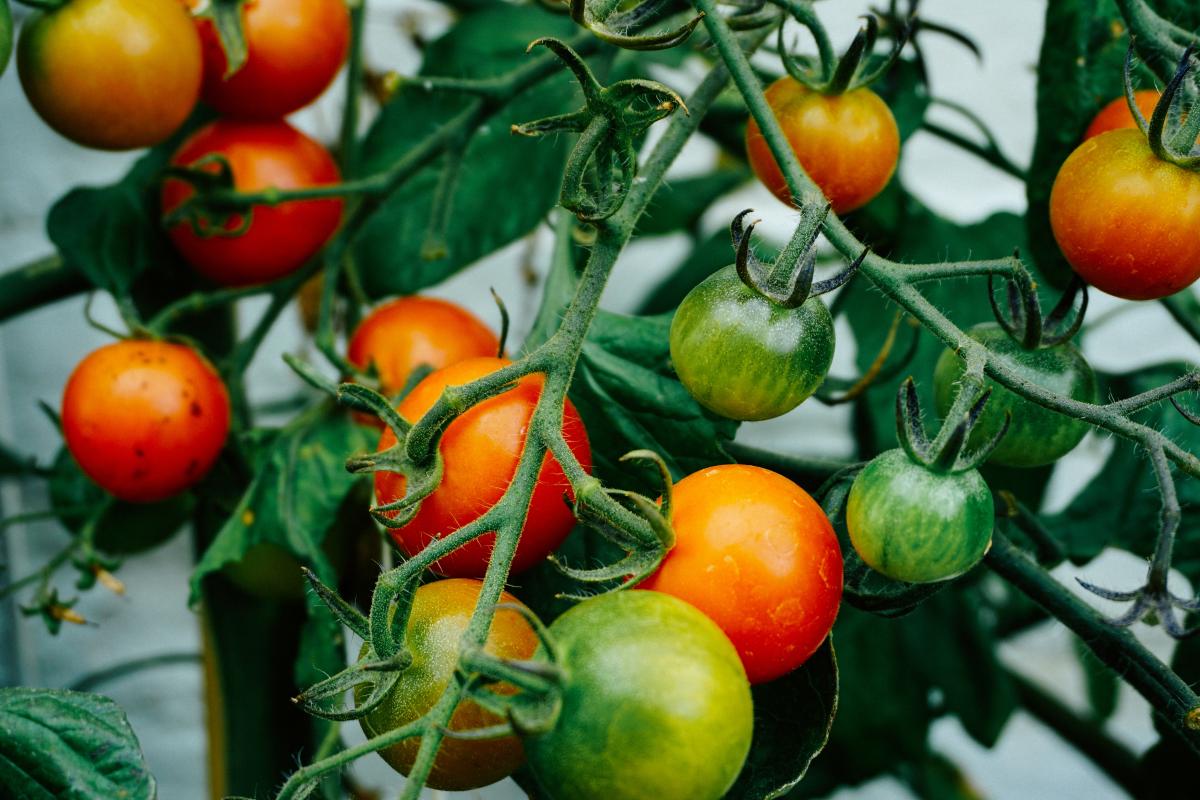
In this interdisciplinary project, 4th and 6th-grade students will work together to explore the Arizona state standards for science. The focus will be on the impact of human activities on the

In this interdisciplinary project, 4th and 6th-grade students will work together to explore the Arizona state standards for science. The focus will be on the impact of human activities on the

Description: In this engaging lesson, students dive into the fascinating world of bone anatomy by creating styrofoam models of bones and simulating fractures. Through hands-on activities, students use

Day 4 of a 4 day unit (with an optional day 5) on hydroponics, urban farming and vertical farming. Students will learn about hydroponics used on the International Space Station and vertical farming

Day 3 of a 4 day unit (with an optional day 5) on hydroponics, urban farming and vertical farming. Students will learn about hydroponics used on the International Space Station and vertical farming

Day 2 of a 4 day unit (with an optional day 5) on hydroponics, urban farming and vertical farming. Students will learn about hydroponics used on the International Space Station and vertical farming

Day 1 of a 4 day unit (with an optional day 5) on hydroponics, urban farming and vertical farming. Students will learn about hydroponics used on the International Space Station and vertical farming

In this lesson, students will explore how energy works using circuits and stored energy.

In this lesson, students will be creating a working model demonstrating Earth’s rotation and revolution. Students will be able to explain the differences between Earth’s rotation and revolution

The lesson plan consists of three labs that students can perform to investigate photosynthesis by preparing a slide and observing the chloroplast, test for the presence of glucose in leaves and